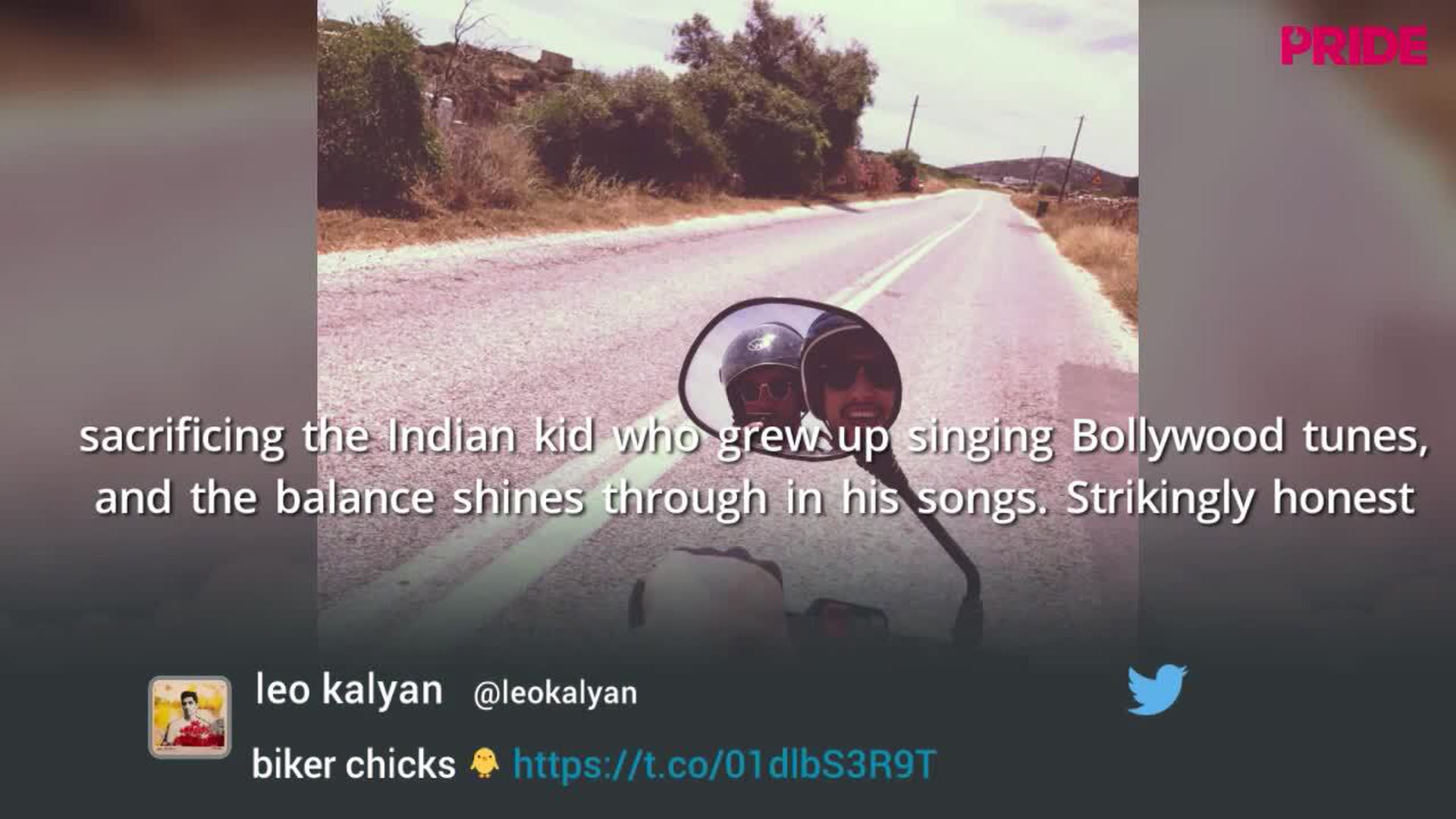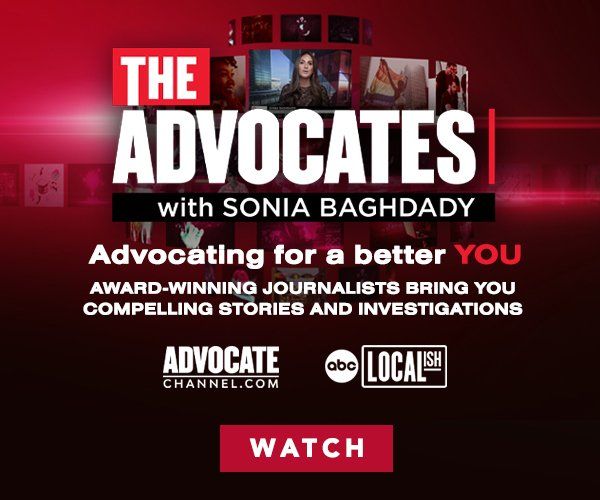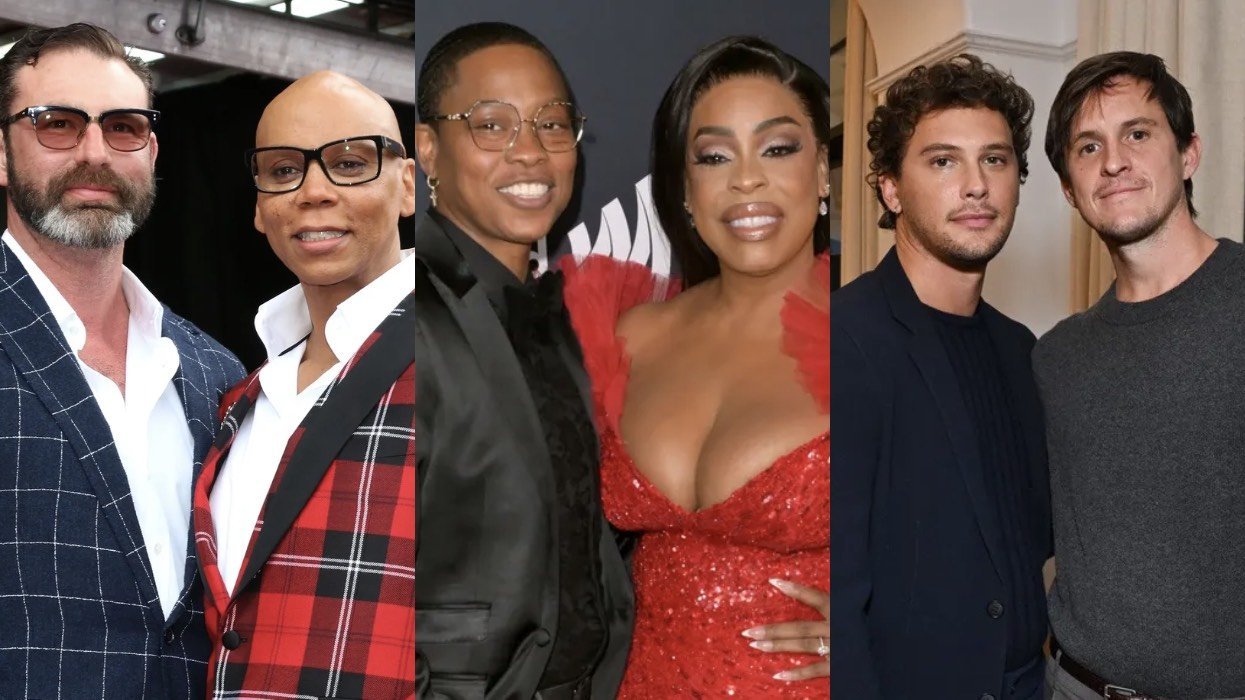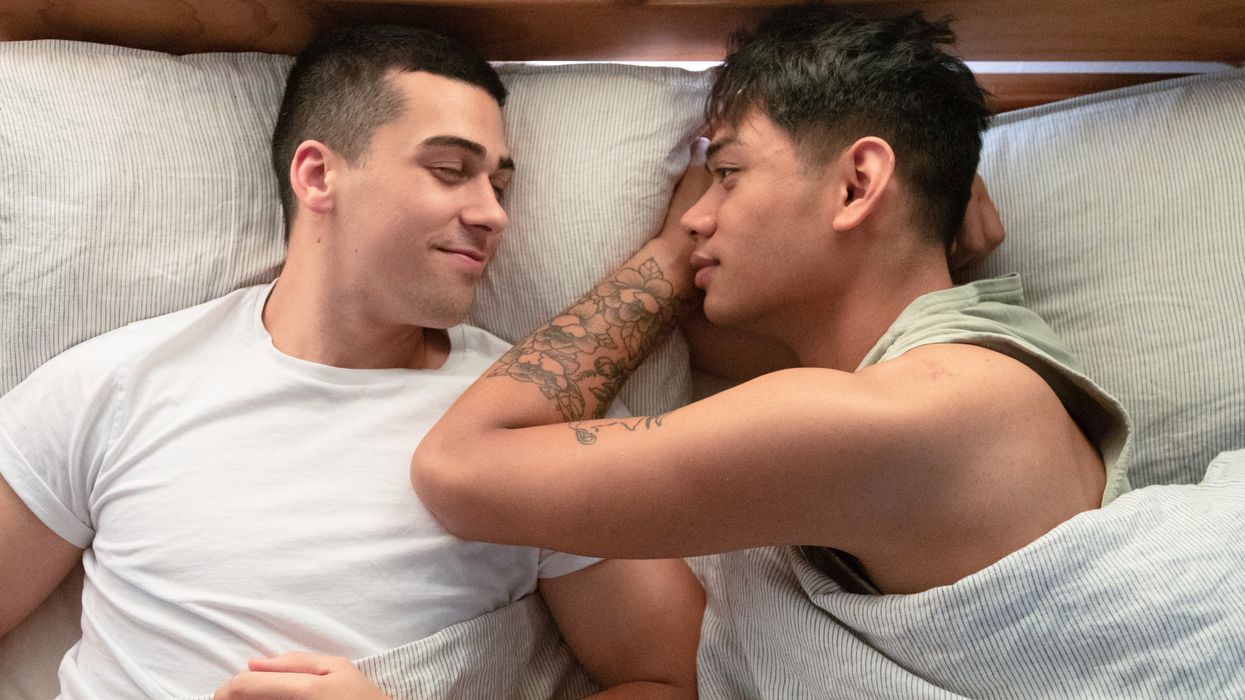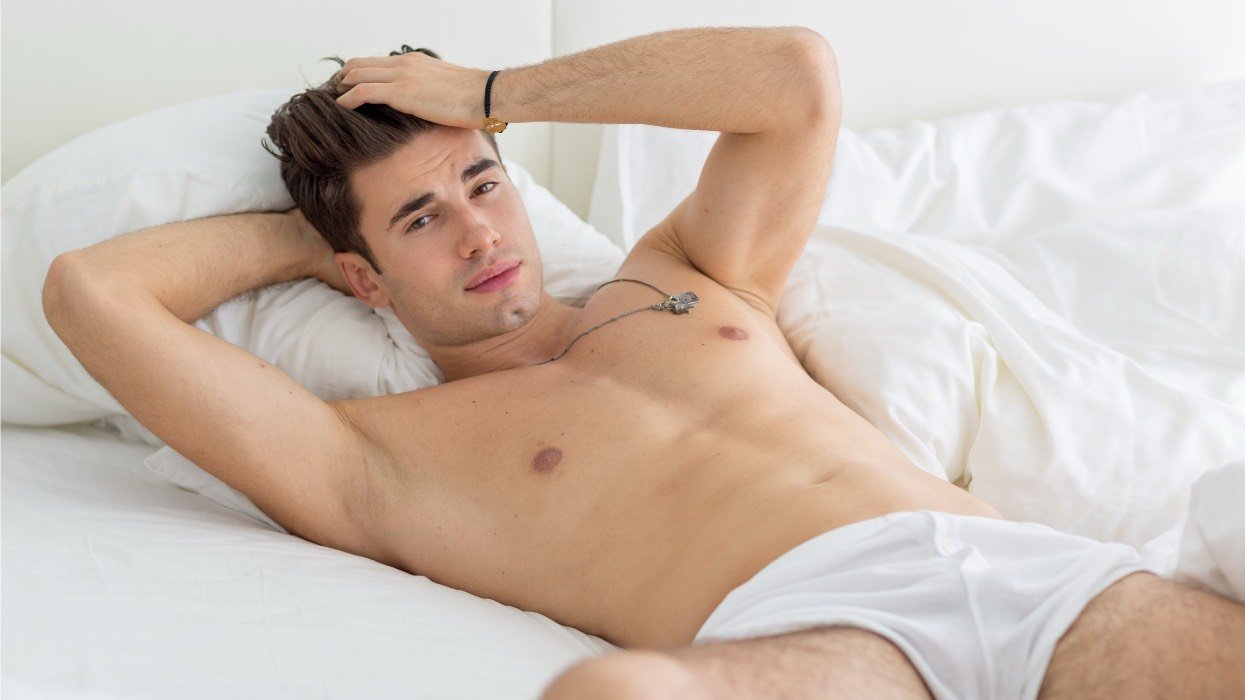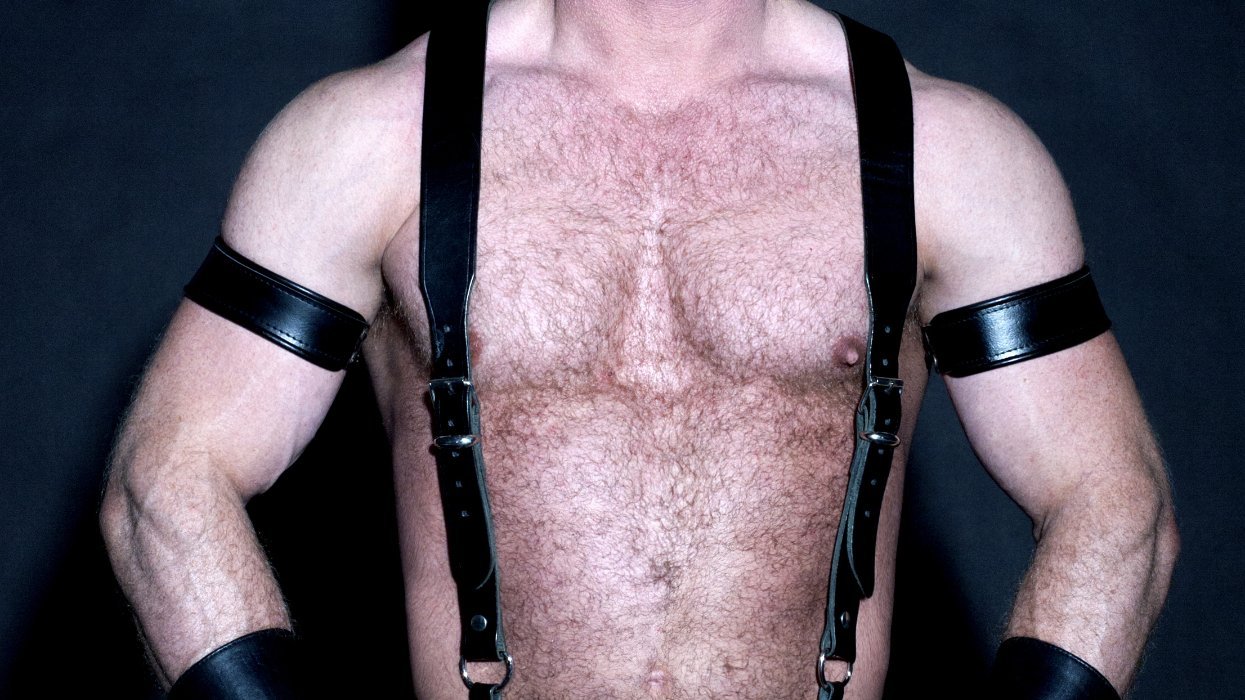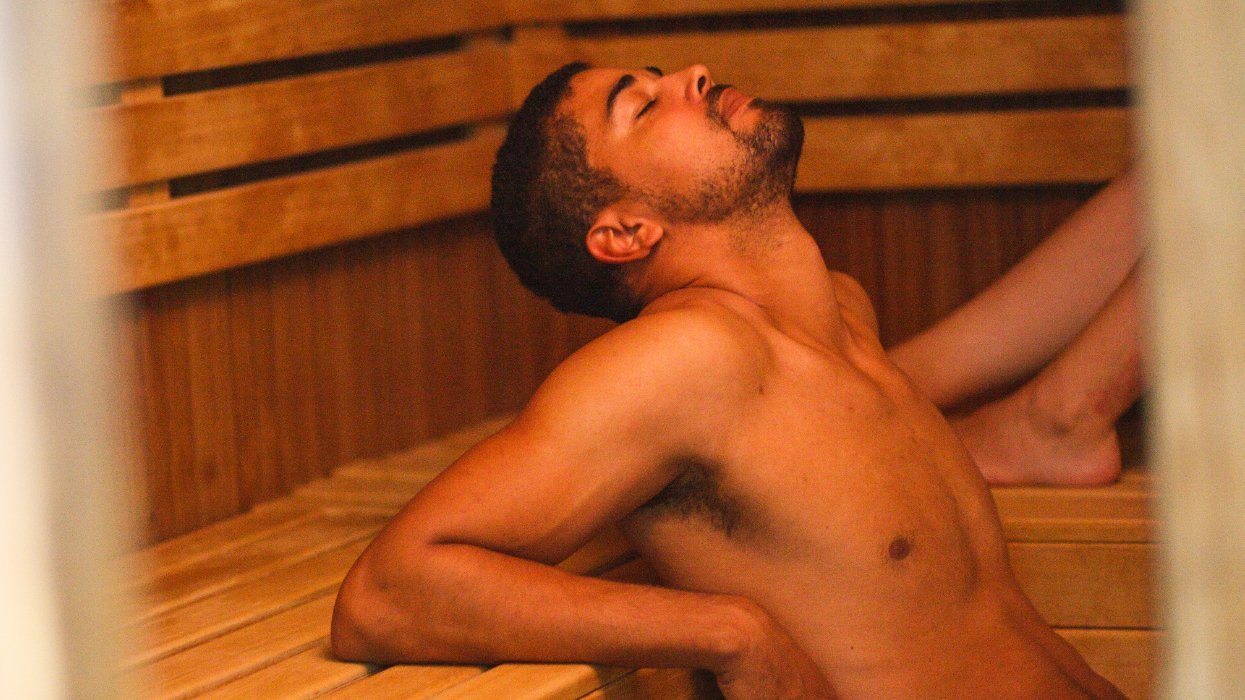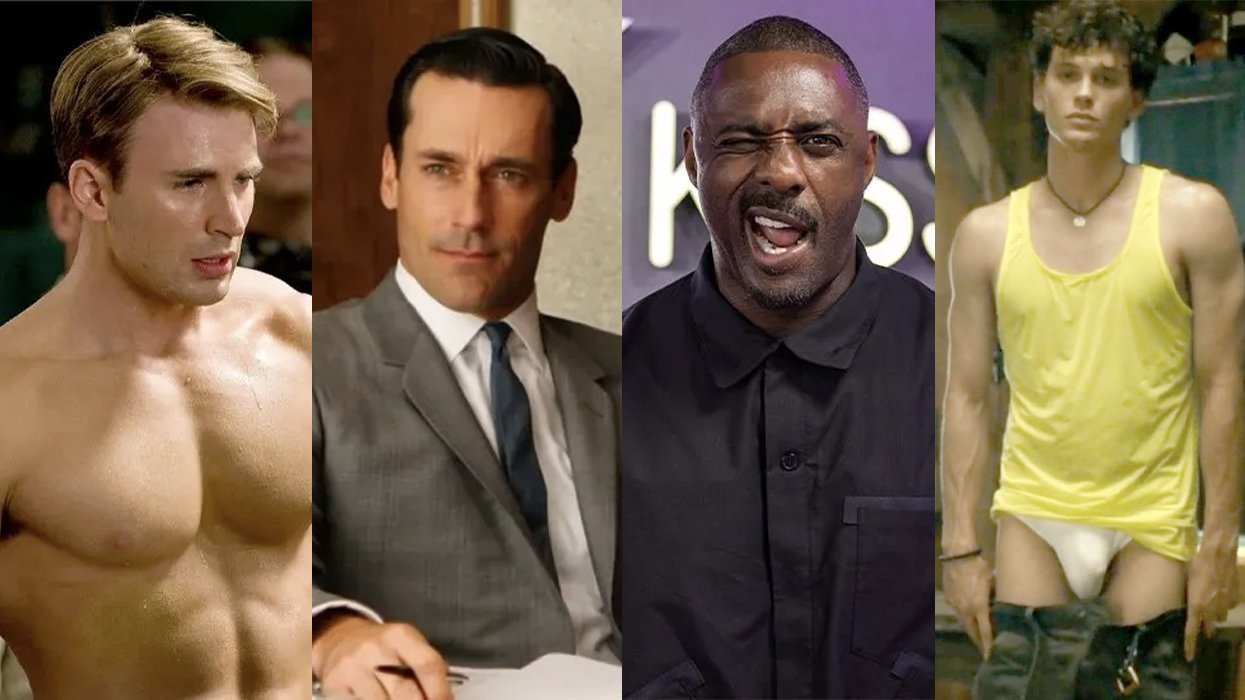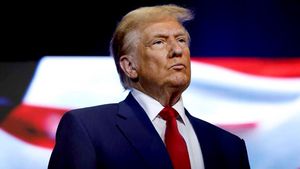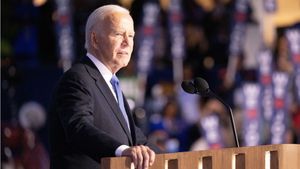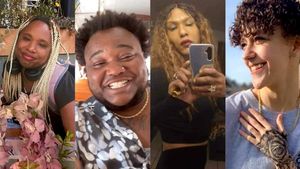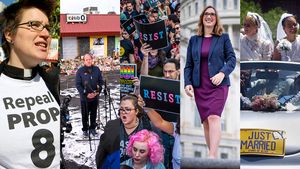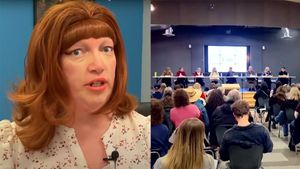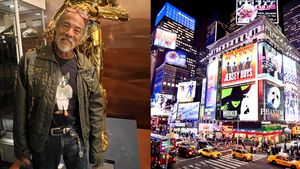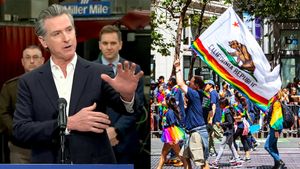Photo: Instagram (@leokalyan)
Leo Kalyan is making waves in the UK with his dreamy and soulful pop/R&B tracks, as well as his outspokenness about his sexuality and cultural identity. The 28-year-old East Londoner has come a long way to live authentically as a gay man without sacrificing the Indian kid who grew up singing Bollywood tunes, and the balance shines through in his songs. Strikingly honest and hauntingly ethereal, Kalyan’s music is powerful and sincere, a breath of fresh air in today’s pop music scene.
I spoke with Kalyan on May 24th, the Wednesday after the Manchester bombing, and as I sipped my 9 a.m. green tea, the sun was just beginning to set in London.
PRIDE: Who are some of your queer influences?
Leo Kalyan: I'd say, George Michael. His album Older has a massive influence on what I do both sonically and the way that he sings, his voice. I did a cover of "Jesus to a Child" a few weeks after he died. I remember when I first started to sing people would tell me that I sounded a bit like George Michael and I thought that that was the biggest compliment in the world. I would always sing in the bathroom and try to imitate his echoey reverb thing he has in his songs.
P: Who are some of your other musical influences?
LK: My interests are all across the board. I look at people like Grimes. Trip-hop. Massive Attack. I really love Sade. I love Lana Del Rey. Electronica, like James Blake, things like that. I love pop music as well.
P: How would you describe your own music?
LK: My music combines elements of those genres with a pop sensibility. When people ask me to describe my sound, it's a mixture of R&B, electronic, and down-tempo house. It all sort of merges and becomes left-field pop. That's how I would describe it.
P: So you actually came out in a music video last year. Can you tell me about "Fucked Up?"
LK: Prior to "Fucked Up," I hadn't ever really addressed my sexuality in my music. I don't know why, because it's not like I wasn't out in my life normally. I was. I guess I hadn't really had the conversation with my dad until that point. My mum knew I was gay, but I hadn't had the conversation with my dad. I didn't think that was affecting me, but for various reasons, I felt like I wasn't able to be myself in my work and in my relationships. There's something here that I need to confront. I ended up writing that song and then coming out to my dad.
The lyrics, "forgive me, I'm so fucked up," are simultaneously addressed to somebody that I'm dating to kind of say that I'm fucked up about this. I'm kind of not okay about this. And simultaneously addressed to my dad as an apology for not meeting his expectations. But then I feel like that song owns it. In the video, the suitcase that I carry is meant to symbolize my baggage which I'm taking and then throwing off the edge of a cliff. The song ends with me owning my own fucked-up-ness which isn't fucked-up-ness at all. Does that make sense?
P: You can feel that. And I definitely understood you were talking to a boyfriend in the song, but it also felt very familial and apologetic, as if to a parent.
LK: It's probably the most difficult song I've ever written because it's so personal. It is a very vulnerable and intimate song. I felt like I was really putting my entire everything on the line by putting my real self out there. That was the first time I'd done that in my music.
And, obviously, it's not fucked up to be gay. But the friction between my culture and my sexuality, that friction made me feel fucked up in the way that a lot of people feel fucked up.
P: I love the riffing at the end of the song. It was a really beautiful cultural touch.
LK: I wanted to find a way to bring my culture and sexuality together and find a way to mix them in my music. I am from a Muslim background, but I'm from London. This is my city. I very much am British and I feel British. As much as I love pop music, I also have a lot of references which are Bollywood music and Indian classical music and all the kind of stuff that I grew up with that is Eastern and Indian. I'm always trying to find ways to bring the two things together without diluting either one. I'm always looking for ways of bringing both East and West together without it turning into a watered-down version of both things.
P: The Manchester bombing happened on Saturday and that's just two hours from where you are. How are you feeling over there?
LK: Yeah, it's just around the corner and it happened at a gig. I just think to myself, "what if this happened at my gig?" Obviously, I'm not playing arenas or anything, but I can relate to how sad and horrific it is. Music is meant to be something that brings people together, not incite fear, and it just breaks my heart. Is nothing sacred anymore? But the truth is, nothing is sacred anymore.
We have to be able to talk about these things. We all need to come together and stand together because that's the only way we can get through this strange dark time. I know there's also crazy shit going on in America with your current president, so we need to celebrate the kind of things we have in common, than the differences we have. There's so much more than the stuff that divides us. That is the truth as human beings, and it's very easy to start pointing fingers.
P: In your interview with BBC, you spoke about Muslims being "demonized people."
LK: There's a lot to talk about here. Being someone who's gay and from a Muslim cultural background, they are more conservative about things like homosexuality. Honestly, there's a lot of conservatism within Islam, but also within all organized religions, there's conservatism about homosexuality. That makes you feel quite outside of the culture you're born into. I think as gay people we all kind of feel like that because our parents are straight, so we're outside of the culture we're born into.
It's a strange time to be alive for people like me. There's so much demonization and anti-Muslim talk. You can't turn on the TV or open a newspaper or go online without hearing Muslim bashing. You know, after the Manchester bombing, Piers Morgan accused the "Muslim community" of not doing enough to stop the bomber even though his community reported him to the authorities multiple times. The facts are out there, but it’s so much easier for people to assume Muslims bear a collective responsibility for the actions of one, even though we hate extremism as much as anyone else. ISIS kills us, too.
Outside of atrocities like Manchester, there’s a constant atmosphere of suspicion around us. But we’re just families, communities, friends, partners. We’re everything that everybody else is.
P: I get what you mean about feeling like an outsider. I never thought of it like that before.
LK: It's just really sad because you feel constantly discriminated against. I can't imagine what it's doing to all of our psychologies to constantly see yourself reflected in the media in such a negative way. And there are no positive representations, and if there are, they're so few and far between. The issue is that we really need to see some South Asian, brown-skinned role models to stop young people from feeling alienated. With the Manchester attack, and even Pulse, what happened to this young person to make them so disillusioned and so alienated and so voiceless that they felt this was the only way they could make plain? What happened in their life? What brought them to this point? The only way we can get out of this awful mess is by fixing that problem at the root.
We really need to provide positive brown and South Asian role models in our media, on the radio, on TV, in music in order to help people feel like they are part of society and more included, rather than some sort of demonized thing outside of society. That's what's happening right now and it's just getting worse and worse. I think we really underestimate the power of seeing yourself or someone like you reflected back on screen. It's like watching TV in a foreign country. You feel alienated from it because you're outside. I guess I'm trying to create space for myself in the world and by doing that I'm helping, hopefully, to create space for other people.
We can't just attack in return because that leads to another attack. If we actually want to come to a solution, we need to understand and talk and communicate and fix the solution at the root.
P: Beautifully said, thank you. Back to your music, can you tell me about your new single, "Versailles?"
LK: "Versailles" is a song about meeting the perfect person and being happy and in love. And I am at the moment. Even though I wrote this song after "Fucked Up," I wrote it at a point when I was happy. I am happy now as well, which is why it felt really good to put it out now. The shift in me, mentally and emotionally and spiritually, since I put out "Fucked Up" has been huge. I feel like something has lifted in my life and I'm in a whole different place. The first two songs I've put out this year ("Feels Rights," "Versailles") have both reflected that.
Versailles is a palace in France, an hour away from Paris. You should Google it because it's such a beautiful place. It's why the lyric is "perfect like Versailles." That's the image my mind drew. I went there really young with my family, and I remember thinking it looked like heaven. It's really beautiful.
I guess escapism is a big theme in my music, probably because of the intersectionality of my life and the way that its been. I've often felt like the city and the ocean represents a place which is borderless and free, I guess. Free of the kind of constraints and restrictions that someone like me feels the pressures of in their day to day life. The ocean and the sea and escapism is a big theme in my work.
P: Are you a water sign? I'm a Cancer, so I relate to the appeal of the ocean and its borderlessness.
LK: I'm not a water sign! I'm an Earth sign, actually. I'm a Capricorn. My rising is Scorpio and my moon is Taurus. I don't know why, I just think it has something to do with being someone from a city. There's no ocean here. Going away to different places to be by the sea has always been such a magical thing.
P: So what's next for you?
LK: What I'm doing at the moment is putting out a track every single month until February. I feel like the way people consume music now is just different. I've put out two EPs so far and a mixtape and I feel like if I put out four songs together and then vanish for four, five months, it almost breaks A) my productivity, but it also breaks my creative communication with my audience. The more modern way to do it is to constantly be feeding people music.
I don't want to put my music out as one big bulk work, then disappear. I want to keep feeding people on the regular until the album comes together and becomes a body of work. There's a song called "Horizon" which is going to be coming out within the next two weeks, but following that there's going to be a song every month or month and a half until February.










































